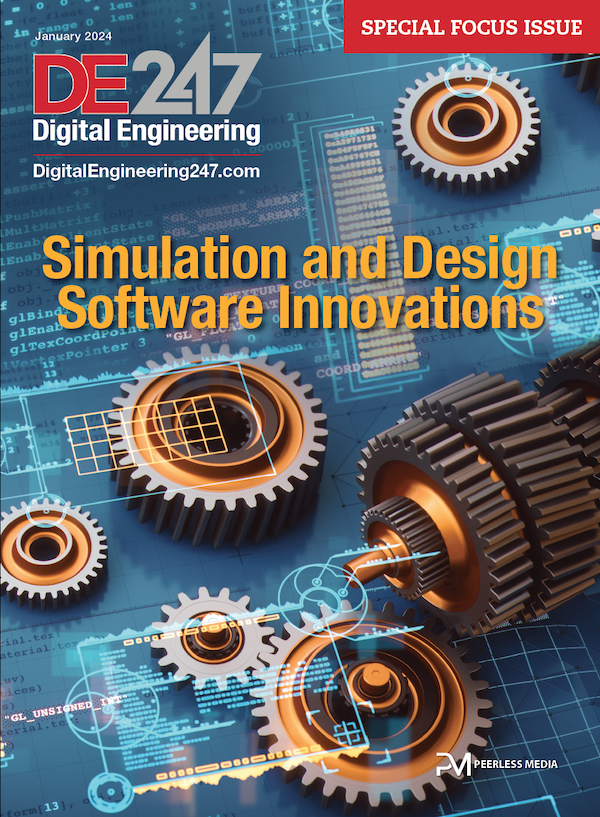
A Whole New Engineer by David Goldberg and Mark Somerville
Latest News
October 17, 2014
David Goldberg—author, entrepreneur, and president of the nonprofit Big Beacon—thinks educators are feeding aspiring engineers too much spinach and not enough chocolate. Consequently, engineering education has become “a soulless sorting process, a survival of the fittest,” he warns in his new book A Whole New Engineer.
Goldberg explains, “For instance, making students take four semesters of calculus, but it’s calculus disconnected from the world of problem-solving—that’s the spinach.”
Don’t misunderstand him. Goldberg happens to admire Newton and Leibniz, both of whom independently invented calculus. He believes the discipline embodies some of humanity’s greatest discoveries. But the calculus we teach today to engineering students is mostly “disembodied,” in his words.
“The fun part of engineering is figuring out things and solving problems,” he points out. That’s what he calls the chocolate. Instead of withholding the delicious morsels and restricting them to only those who can stomach the early onslaught of spinach, Goldberg thinks we should reverse the formula: Give the students a taste of the chocolate early on before feeding them the the spinach in theories.
Goldberg says, “Students can use software from Maplesoft, Mathworks, Autodesk, and others to simulate the physics of the world. They don’t necessarily need to know how it works under the hood, but when they can use it to solve problems, they say, Wow! That’s cool! Once they understand the power of the technology, then you give them the theory, explain to them how it works. Now the theory is reinforced by something in the real world they’ve experienced.”
Goldberg and his colleagues from Olin College in Needham, Massachusetts, struck up an institutional partnership with iFoundary, the cross-disciplinary curriculum incubator at the University of Illinois. To identify the students’ primary motivation, they asked, “Why do you want to become an engineer?” The answers gave Goldberg and the faculty insights into who wanted to become an inventor, who wanted to tackle the world’s toughest sociopolitical problems, and who aimed to become an entrepreneur. Based on the answers, the program administrators placed the students in a suitable project team aligned with their aspirations.
“The chocolate is not the same for everybody,” Goldberg points out.
In his book, he also urges readers to reassess the conventional notion of universities as the assembly of experts. “That’s an ancient idea,” says Goldberg. “The expertise isn’t going away. We still want people who know something about engineering teaching and coaching the young people, but we have to shift from the expert’s ‘I know’ attitude to ‘I trust they can learn.’ That’s a big part of the reform.”
Caught up in deadlines, project milestones, and CAD geometry, it’s easy to forget that engineering is a team sport, Goldberg points out. “Sure, you’ve got a collection of CAD experts, but actually it’s the interaction between the experts that makes the project go forward. That’s why in many companies you have project managers who may or may not be engineers.” This points to the importance of emotional and social intelligence in engineering education, he concludes.
“We engineers like things to be precise and definite,” Goldberg observes. “When we refer to communication skills as ‘soft skills,’ it’s a bit of a putdown, to suggest they’re somehow less important than math and science.” It’s a mistake, he says, because the soft skills constitute some of “the missing basics” of engineering education.
 David Goldberg—author, educator, and entrepreneur—proposes a new approach to engineering education reform: Chocolate first, spinach later.
David Goldberg—author, educator, and entrepreneur—proposes a new approach to engineering education reform: Chocolate first, spinach later.Goldberg recognizes he sounds idealistic (perhaps even like a product of the hippie era) when he proposes that “love, empathy, and caring” should be the foundation of engineering education reform.
“But I’ve been in classes where I’ve seen kids whose faces light up when they see what they can do with CAD tools,” he remarks. “Actually, we see it more often in extracurricular activities than we do in the classroom. They’re sitting in front of the computer, building a better race car or a canoe. They put in hundreds of hours to build them. What’s powering that behavior? It’s love. There’s something emotionally engaging about the task. Don’t use codewords like ‘project-based learning’ to avoid talking about love as love.”
Goldberg writes, “The key variables [in engineering education reform] weren’t pedagogical. They weren’t financial. They weren’t curricular. They weren’t research. They weren’t any of the usual things we’ve always talked about as the engines of change. The variables were deeply emotional and cultural.”
For more on the book, visit its dedicate page here.
Watch Goldberg’s TEDx talk on why he resigned from his teaching job to focus on engineering education reform.
Subscribe to our FREE magazine, FREE email newsletters or both!
Latest News
About the Author
Kenneth Wong is Digital Engineering’s resident blogger and senior editor. Email him at [email protected] or share your thoughts on this article at digitaleng.news/facebook.
Follow DE






